It’s a tough time to be a fish. Eastern trout are nearing the end of the line. Salmon are suffering. Our oceans are in trouble. Droughts and floods abound. Climate change is making our wildfire seasons longer and more extreme. 2014 broke the record for global high temperatures. 2015 is on pace to crush 2014 and set another new record. More often than not, it seems like the longterm prognosis is poor, while the bad news just keeps on coming.
Fortunately, the American Fly Fishing Trade Association (AFFTA) is standing tall and showing real leadership on the single most important issue for anglers: climate change. Yesterday they released their first ever official statement on climate.
The American Fly Fishing Trade Association policy statement on global climate change
As a trade association representing an industry dependent of clean water, clean air and access to healthy natural venues, we are alarmed by the lack of action taken to address this clear and pressing danger to the future of our businesses and our world.
AFFTA agrees with NASA, NOAA, the National Academy of Sciences and many other major scientific organizations around the world that human activity is warming the planet with CO2 emissions and putting our future at risk.
Climate change is no longer a potential threat; It demands our attention now. We applaud our members who have taken pro-active steps to address this challenge in their businesses and encourage others to look for opportunities to do likewise.
We call on our elected officials to put partisan politics aside and work quickly to enact federal policy to address the threats presented by global climate change.
While the threats we face are real, and the situation dire, it’s nice to know that an entire industry is coming together to protect our fisheries and stand up for future generations of anglers. Kudos to AFFTA for meeting the challenge head-on.




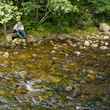
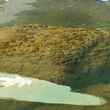
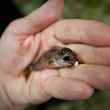

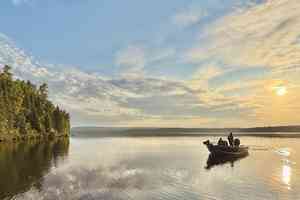



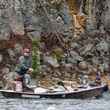
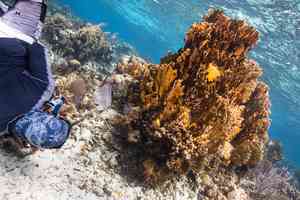

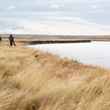
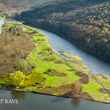




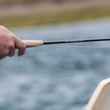





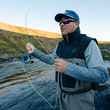
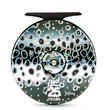

Comments
latoshamci replied on Permalink
Thanks for finally writing about this.
Capt. AJ replied on Permalink
Not in agreement with the 'globe warm' hypothesis; which it is, a hypothesis. There is no data gathered other than from 'computer modeling' as we have seen as environmental designers with degrees in science. Humans have a footprint but Nature always overrides. Please present an example of any 'everyday' where the latter is not a fact.
Pages